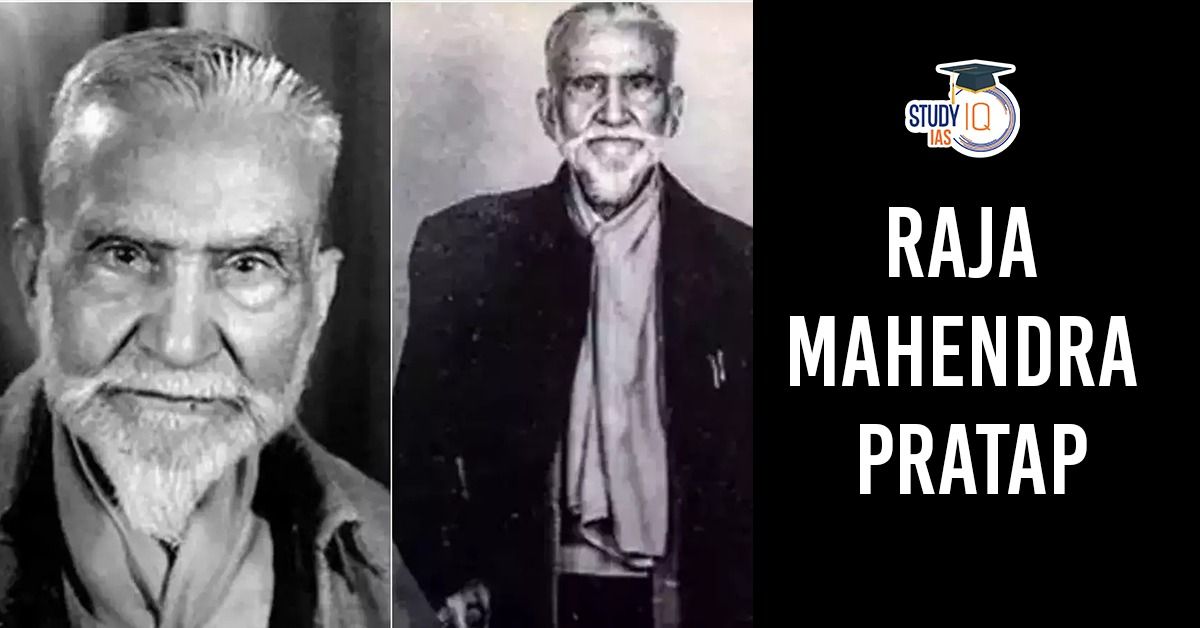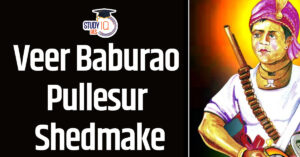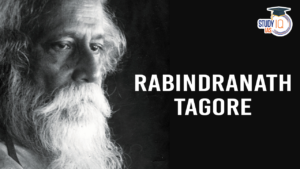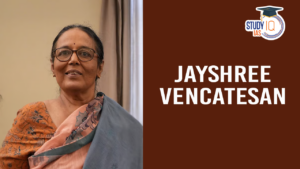Table of Contents
About Raja Mahendra Pratap
- He was an Indian freedom fighter, journalist, writer & revolutionary.
- He was born in December 1886 in Hathras, Uttar Pradesh.
- He belonged to the royal family of Mursan Estate.
- In December 1915, he established the 1st Provisional Government of India at Kabul in Afghanistan as a government-in-exile of Free Hindustan, with himself as President, Maulavi Barkatullah as Prime Minister, and Maulana Ubaidullah Sindhi as Home Minister.
- He is popularly known as “Aryan Peshwa”.
- He was nominated for the Nobel Peace Prize in 1932 for his role in promoting freedom and peace.
- He established the Prem Mahavidyalaya in Vrindavan in 1909—One of India’s first polytechnic institutes.
Early Life and Education
Raja Mahendra Pratap Singh was born into the ruling family of Mursan estate. He received a progressive education, studying at the Aligarh Muslim University(AMU), which profoundly influenced his ideas on nationalism and secularism. His interactions with leaders like Sir Syed Ahmad Khan and the socio-political environment of the era shaped his commitment to education and self-reliance.
Role in India’s Freedom Movement
Raja Mahendra Pratap Singh was a staunch advocate for India’s independence. His most notable act of defiance against British rule came in 1915 when he proclaimed the establishment of the Provisional Government of India in Kabul, Afghanistan, becoming its president. This bold initiative marked one of the first attempts to form a government-in-exile aimed at overthrowing British colonial rule.
Throughout his life, Raja Mahendra Pratap worked alongside revolutionaries and leaders like Subhas Chandra Bose and Lala Har Dayal. His global travels and collaboration with anti-imperialist forces highlighted his commitment to the cause.
Contributions to Education
One of Raja Mahendra Pratap Singh’s enduring legacies is his dedication to education. He established the Prem Mahavidyalaya in Vrindavan in 1909, which was among the first polytechnic institutes in India. The institution emphasized vocational training and skill development, envisioning a self-reliant nation through education.
His philanthropic efforts extended beyond borders. Raja Mahendra Pratap donated generously to educational institutions, including AMU, reflecting his inclusive vision for societal progress.
Vision for a Progressive Society
Raja Mahendra Pratap Singh was not only a freedom fighter but also a social reformer. He championed the causes of communal harmony, women’s education, and the upliftment of the underprivileged. His writings and speeches emphasized universal brotherhood and the need for a united India, free from caste and religious discrimination.
Political Career
Post-independence, Raja Mahendra Pratap Singh continued to serve the nation. He was elected as a Member of Parliament from Mathura in 1957. As a parliamentarian, he remained steadfast in advocating for the principles of democracy, secularism, and social justice.
Honors and Recognition
The Government of India and various institutions have commemorated Raja Mahendra Pratap Singh’s contributions. In 2021, Prime Minister Narendra Modi inaugurated the Raja Mahendra Pratap Singh State University in Aligarh, Uttar Pradesh, to honour his legacy and his contributions to education and the nation.
Key Takeaways from Raja Mahendra Pratap Singh’s Life
- Unwavering Patriotism: His lifelong struggle for India’s independence inspires countless individuals.
- Commitment to Education: His emphasis on skill-based education remains relevant in today’s world.
- Global Perspective: His international efforts for India’s freedom underscore the importance of global alliances in achieving national goals.
- Secularism and Inclusivity: He envisioned an India united beyond caste, creed, and religion.
Conclusion
Raja Mahendra Pratap Singh’s life is a testament to the power of vision, determination, and selfless service. As we celebrate his birth anniversary, we honor his invaluable contributions to India’s independence, education, and social reform. His ideals continue to inspire generations to work towards a united, progressive, and self-reliant India.


 Veer Baburao Pullesur Shedmake: The Forg...
Veer Baburao Pullesur Shedmake: The Forg...
 Rabindranath Tagore Biography: Life, Ach...
Rabindranath Tagore Biography: Life, Ach...
 Jayshree Vencatesan First Indian to win ...
Jayshree Vencatesan First Indian to win ...





















